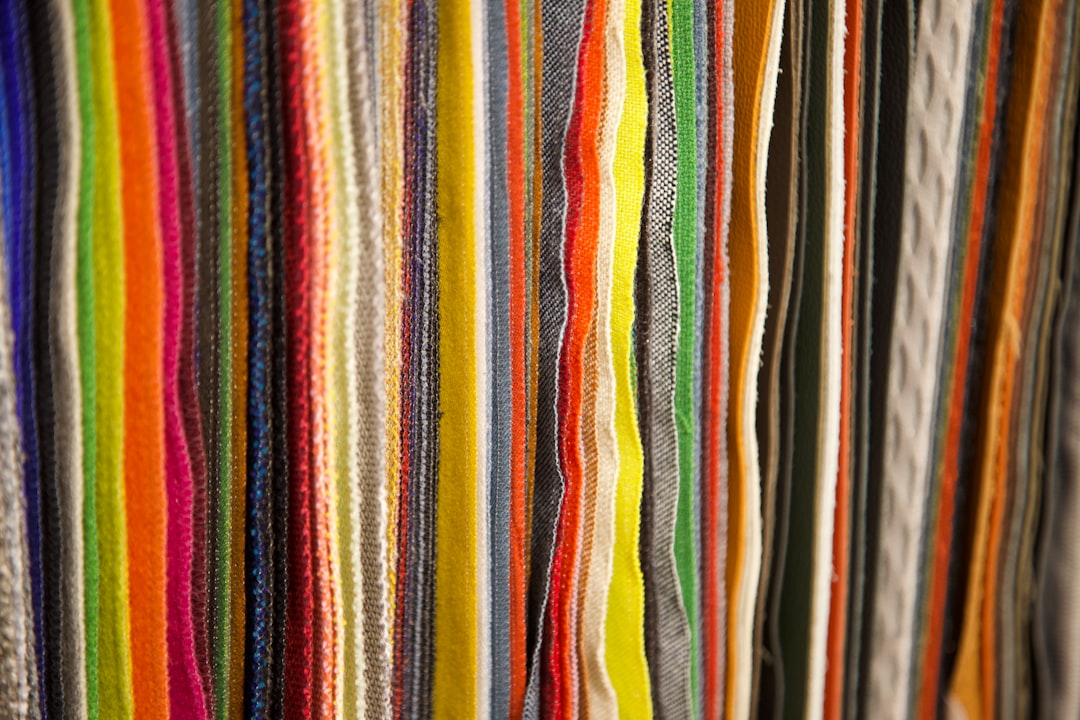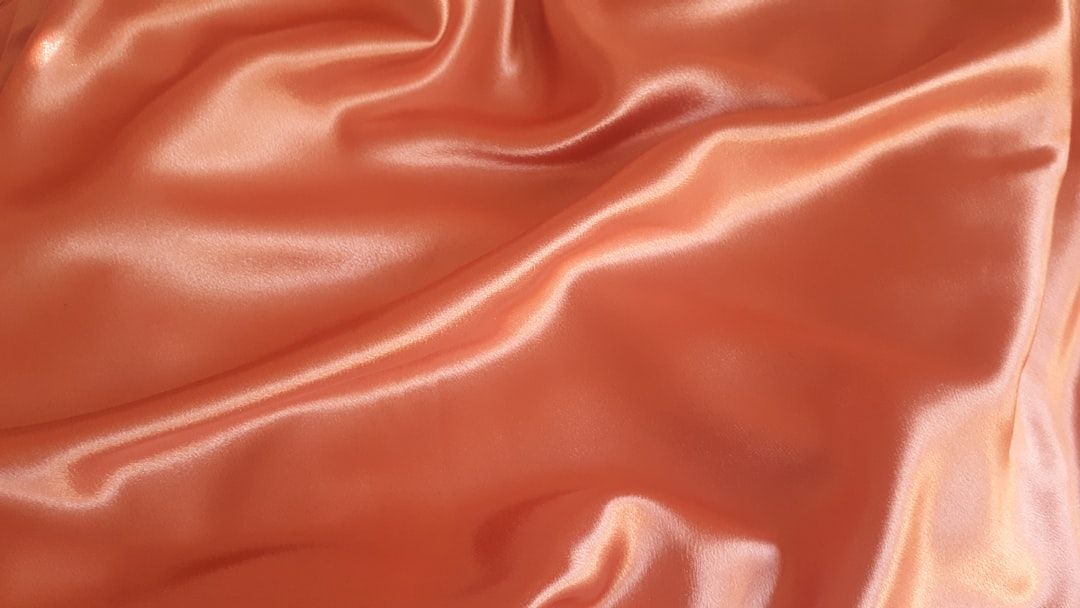
Is polyester bad for the environment?
Polyester is a synthetic fiber that is widely used in the textile industry. While it has its advantages in terms of durability, affordability, and versatility, it also has a significant negative impact on the environment.
One major environmental concern associated with polyester is its production process. Polyester is made from petroleum, a non-renewable resource. The extraction and refining of petroleum contribute to air and water pollution, as well as greenhouse gas emissions. According to a study published in the Journal of Industrial Ecology, the production of polyester generates approximately three times more carbon emissions compared to the production of cotton.
In addition to its carbon footprint, polyester also contributes to microplastic pollution. When polyester garments are washed, tiny fibers called microplastics are released into the water. These microplastics eventually find their way into rivers, lakes, and oceans, posing a threat to marine life. A study conducted by the University of California Santa Barbara estimated that a single polyester garment can release up to 1,900 microfibers per wash.
Furthermore, polyester is not biodegradable. It can take hundreds of years to decompose in landfills, contributing to the growing problem of textile waste. In fact, polyester is the most commonly found fiber in marine debris, according to a report by the International Union for Conservation of Nature (IUCN).
There are also concerns about the use of chemicals in polyester production. The manufacturing process often involves the use of toxic substances, such as antimony trioxide and ethylene glycol. These chemicals can have harmful effects on human health and ecosystems if not properly managed.
It's important to note that there are efforts being made to mitigate the environmental impact of polyester. Some companies are exploring more sustainable alternatives, such as recycled polyester made from post-consumer plastic bottles. Additionally, advancements in technology aim to reduce microfiber shedding during washing.
In conclusion, while polyester has its benefits in terms of affordability and versatility, its production and disposal have significant negative environmental consequences. From carbon emissions and microplastic pollution to non-biodegradability and chemical use, the impact of polyester on the environment cannot be ignored.
Related Posts
© 2024 Invastor. All Rights Reserved










User Comments
User Comments
There are no comments yet. Be the first to comment!